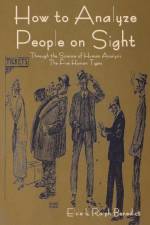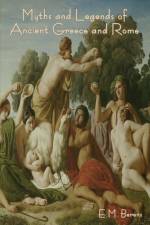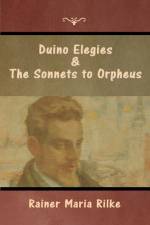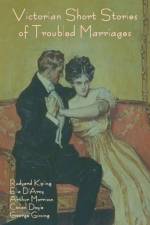von Oscar Wilde
19,00 €
Salome is a one-act tragedy by Oscar Wilde. The original 1891 version of the play was in French; an English translation was published three years later. The play depicts the attempted seduction of Jokanaan (John the Baptist) by Salome, step-daughter of Herod Antipas; her dance of the seven veils; the execution of Jokanaan at Salome's instigation; and her death on Herod's orders. The first production was in Paris in 1896. Because the play depicted biblical characters it was banned in Britain and was not performed publicly there until 1931. The play became popular in Germany, and Wilde's text was taken by the composer Richard Strauss as the basis of his 1905 opera Salome, the international success of which has tended to overshadow Wilde's original play. Film and other adaptations have been made of the play. About the author:Oscar Fingal O'Flahertie Wills Wilde (16 October 1854 - 30 November 1900) was an Irish writer, poet and prominent aesthete. Born in Dublin, his parents were successful intellectuals, and from an early age he showed his intelligence, becoming bilingual in French and German, then an outstanding classicist, first at Dublin, then at Oxford. After university, Wilde moved around trying his hand a various literary activities: he published a book of poems, lectured extensively, and wrote journalism prolifically. Known for his biting wit, flamboyant dress, and glittering conversation Wilde had become one of the most well-known personalities of his day. Though it was his only novel, The Picture of Dorian Gray - still widely read - that brought him more lasting recognition. He became one of the most successful playwrights of the late Victorian era in London with a series of hilarious social satires which continue to be performed, especially The Importance of Being Earnest. At the height of his fame and success, he suffered a dramatic downfall in a sensational series of trials. Wilde was imprisoned for two years' hard labor after being convicted of "gross indecency" with other men. In prison he wrote De Profundis, a dark counterpoint to his earlier philosophy of pleasure. After release from prison he set sail for Dieppe by the night ferry, never to return to Ireland or Britain. In France he wrote The Ballad of Reading Gaol, a long, terse poem commemorating the harsh rhythms of prison life, but no further creative work. He died in Paris a broken, penniless man. He was only forty-six years old.






























